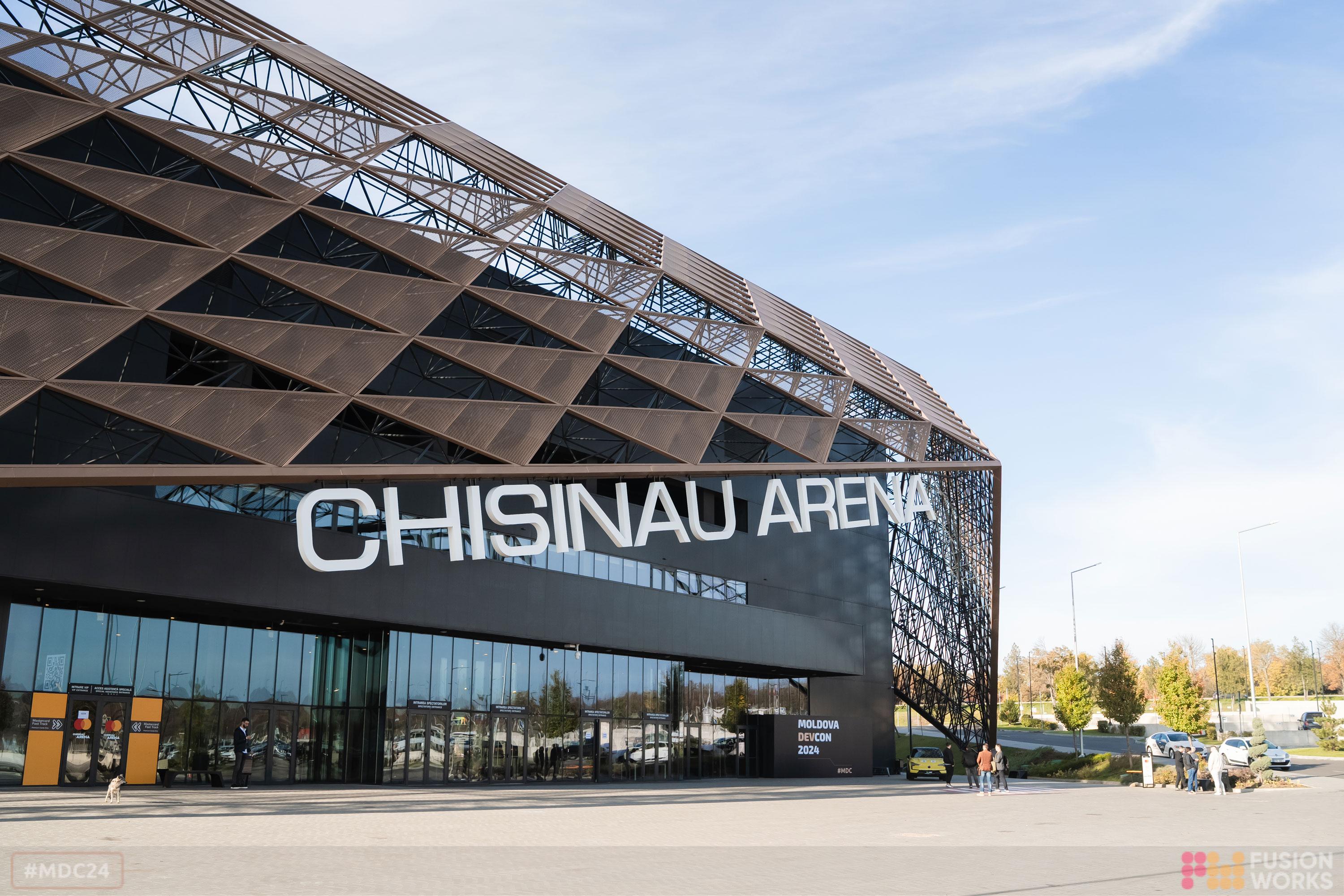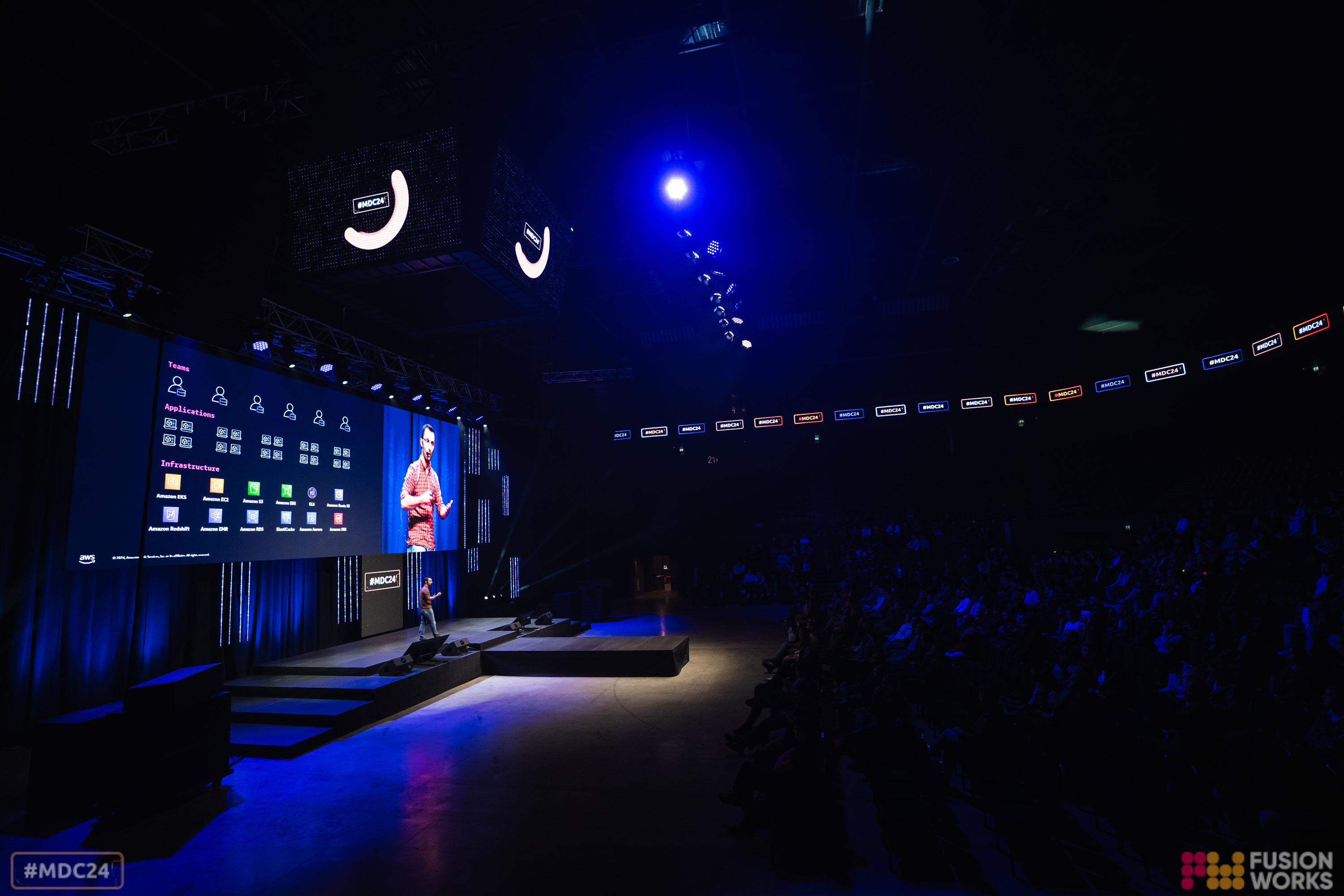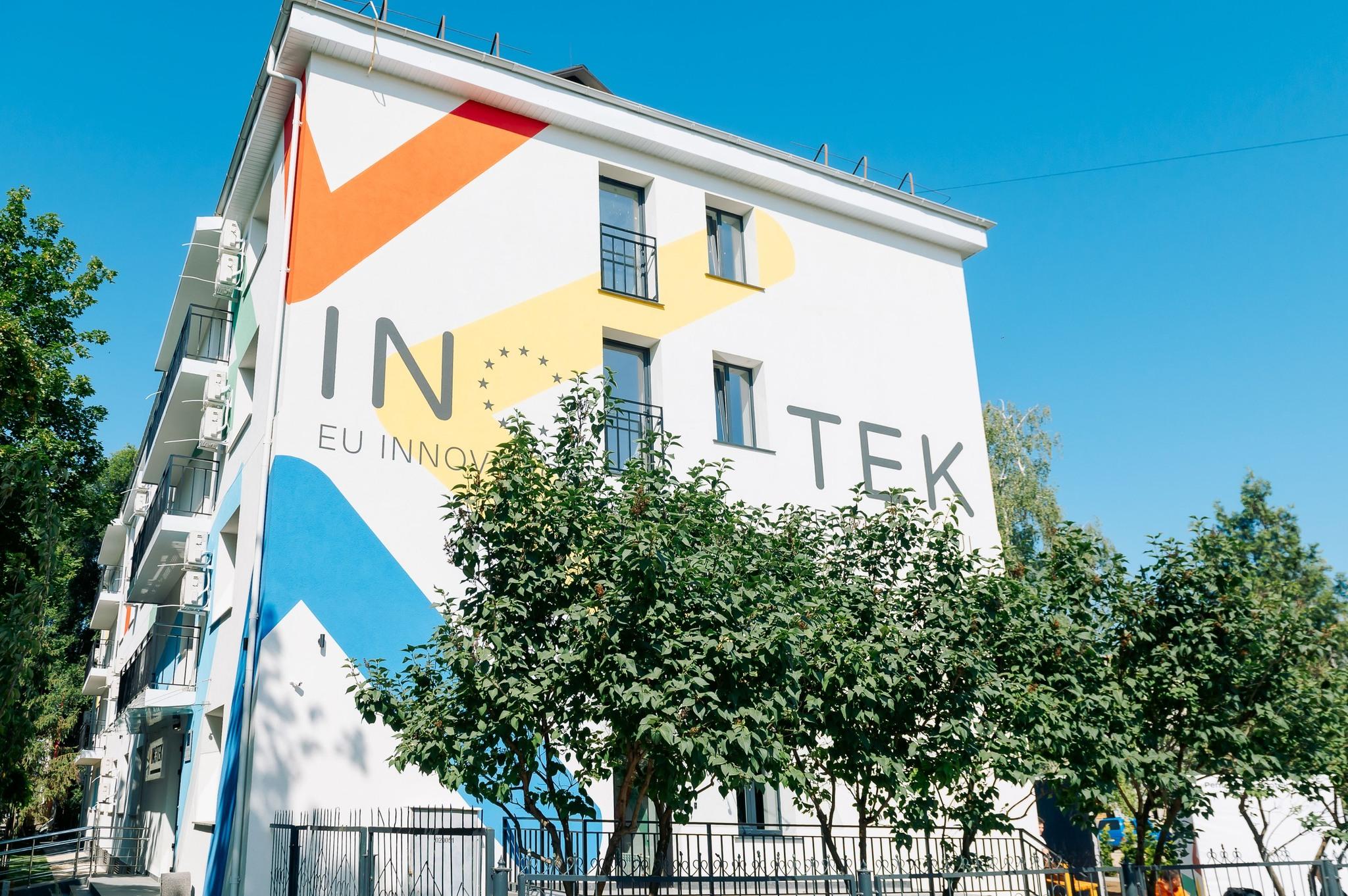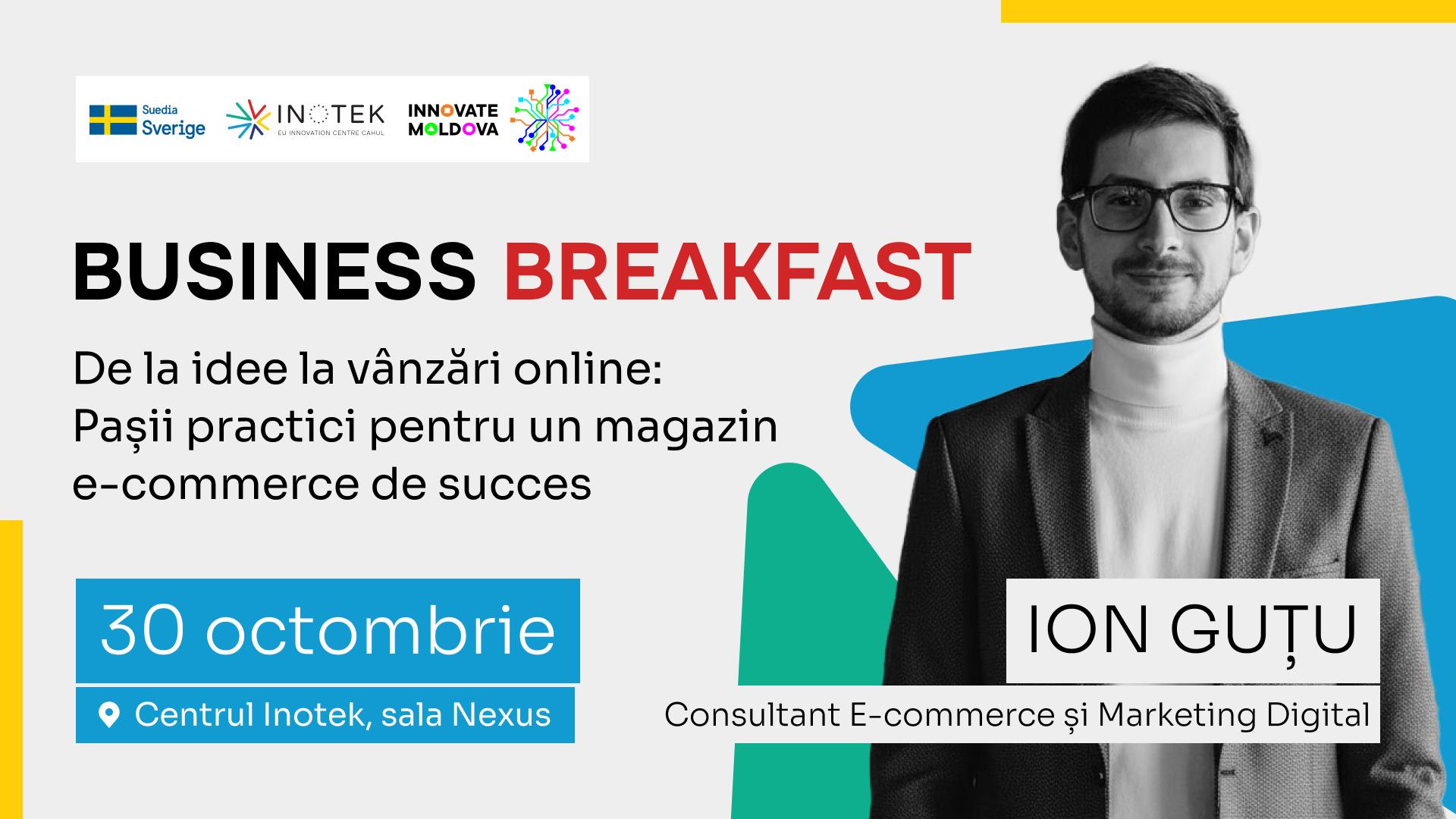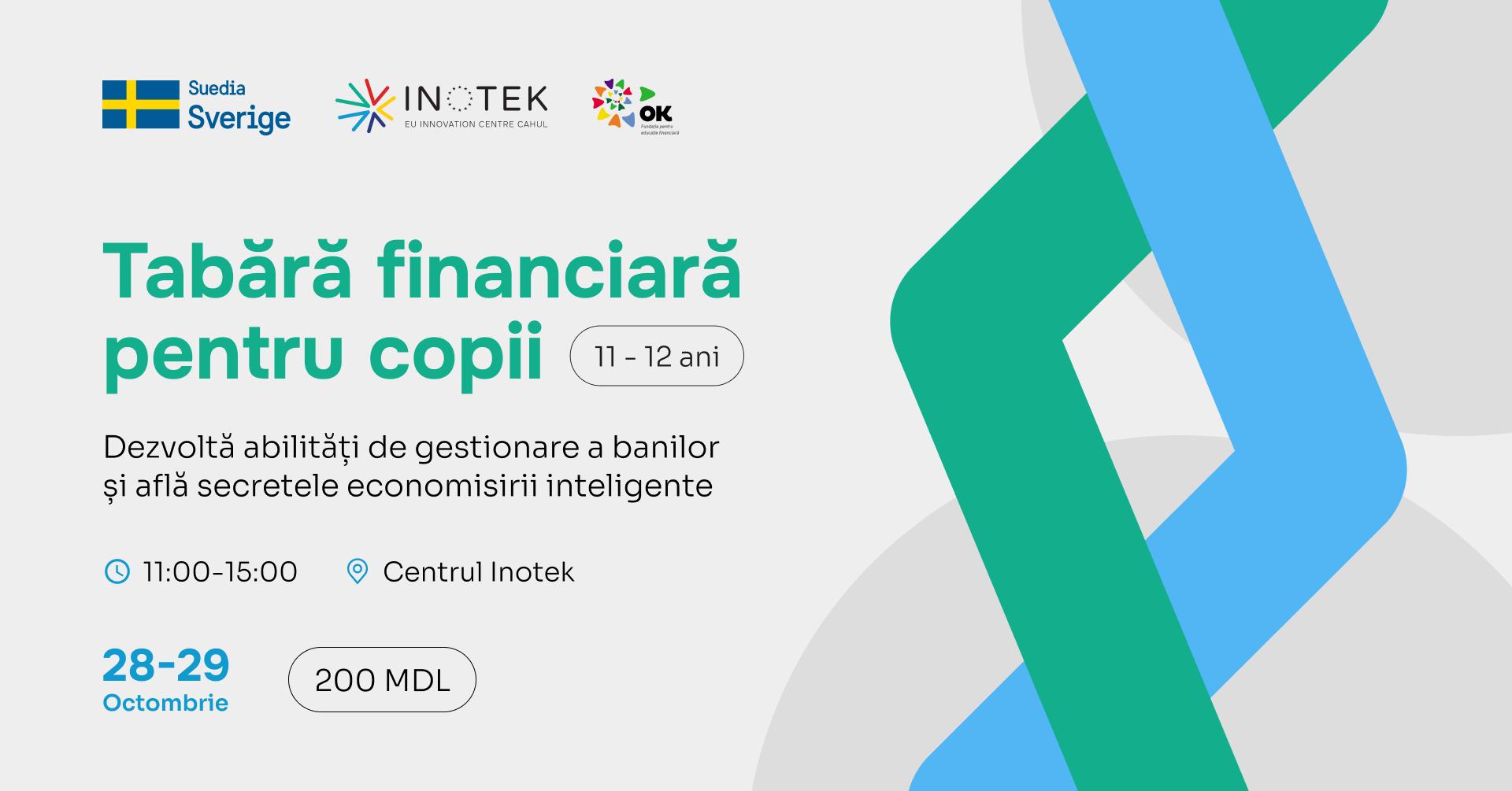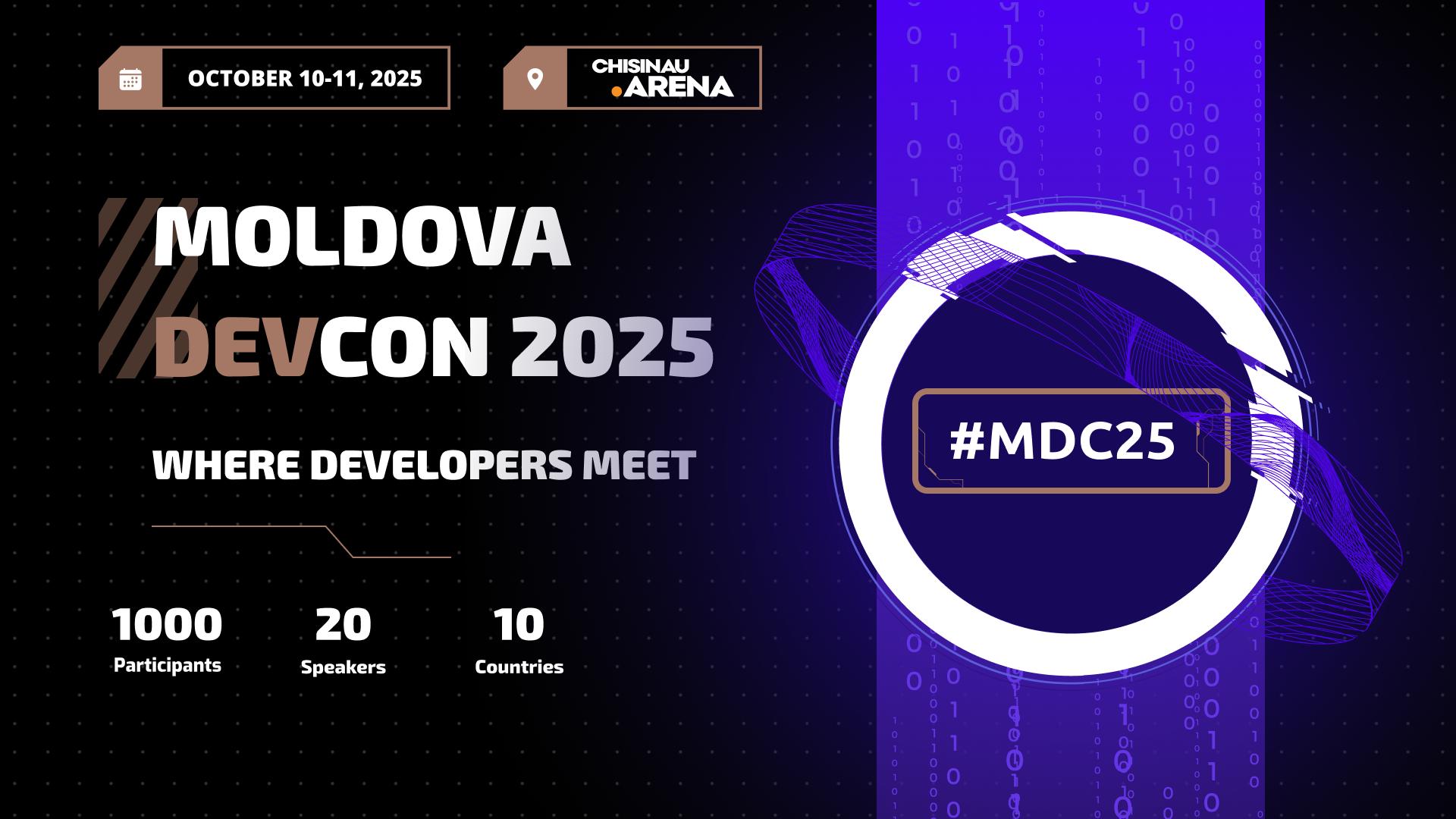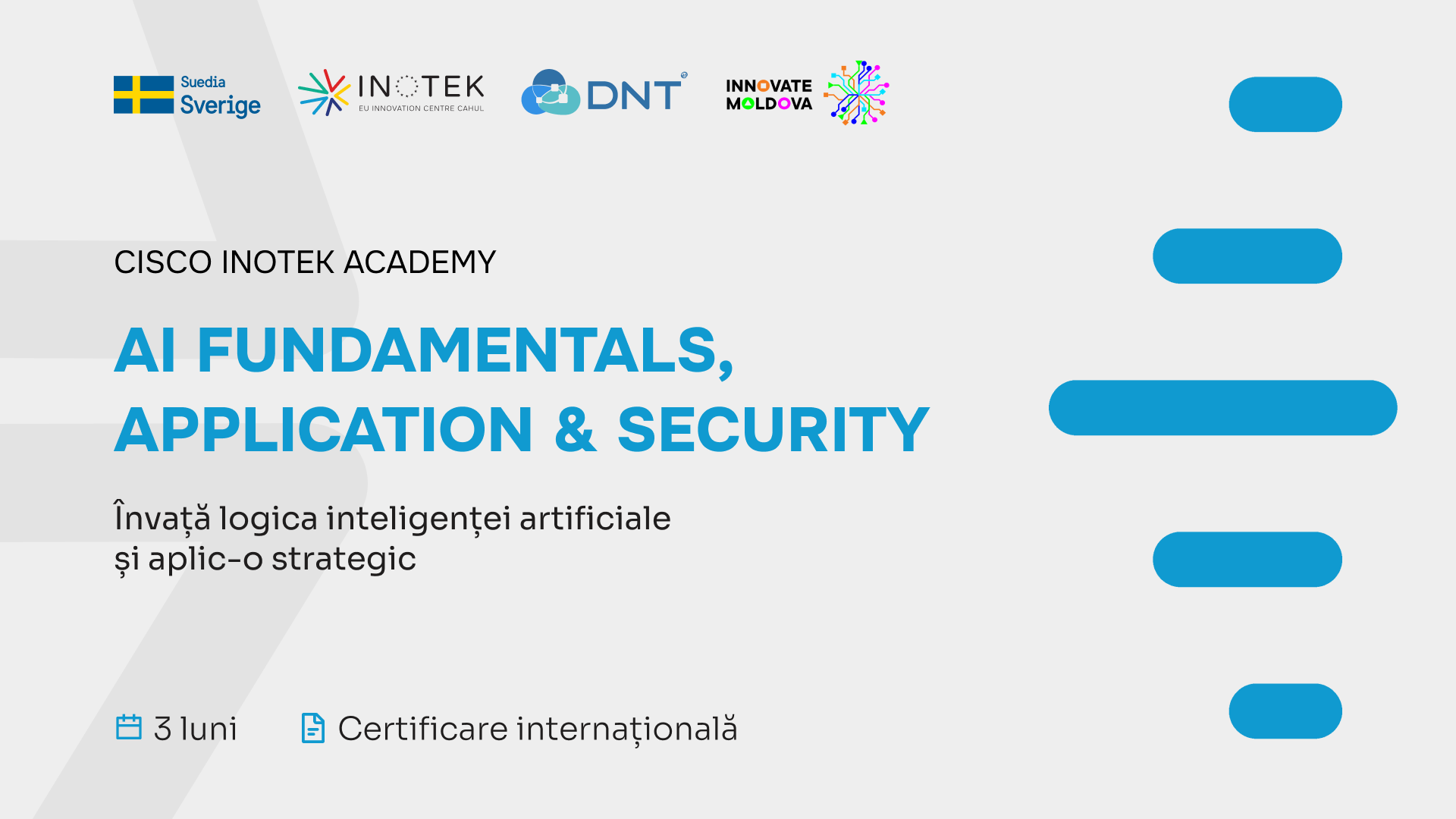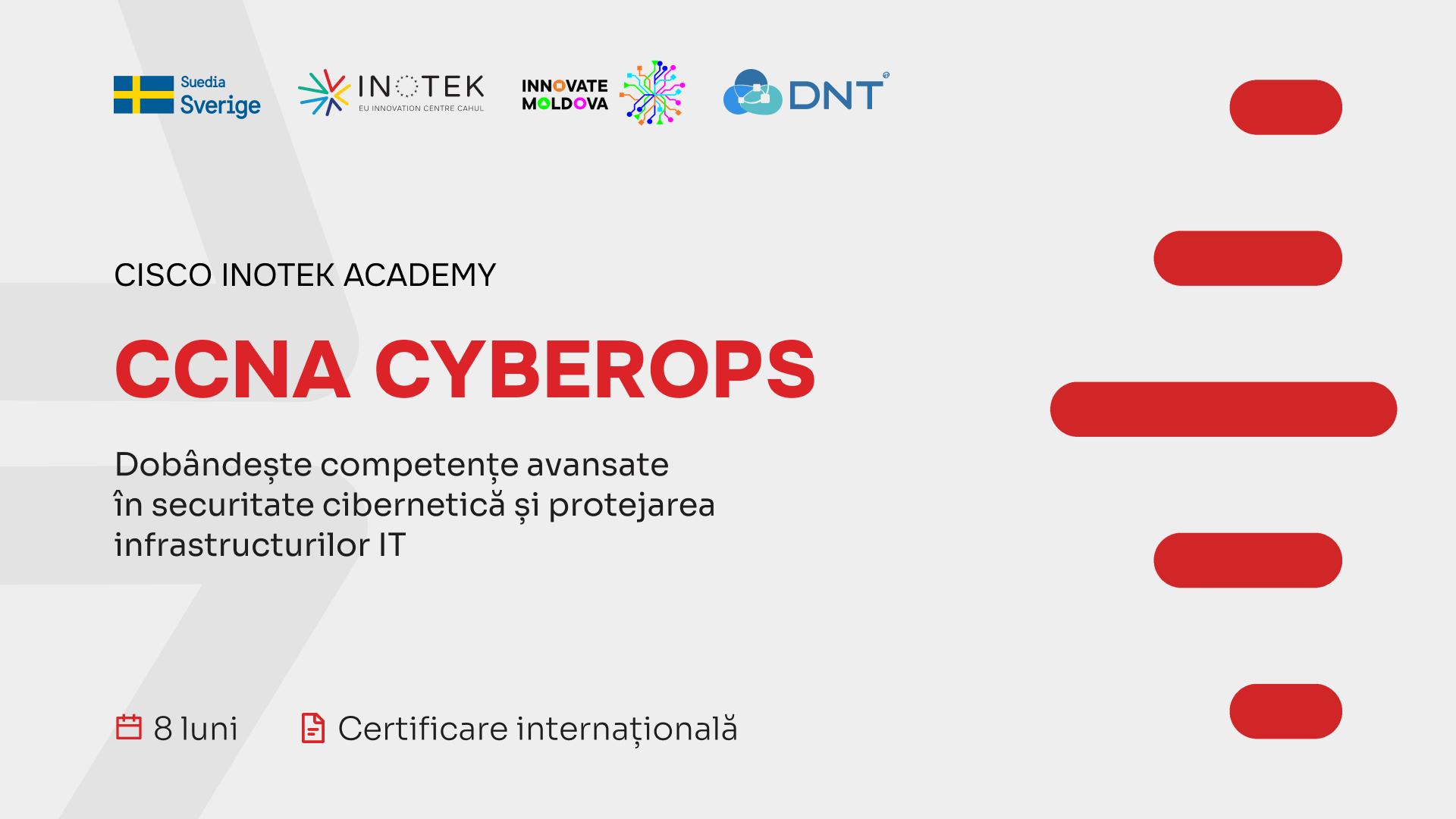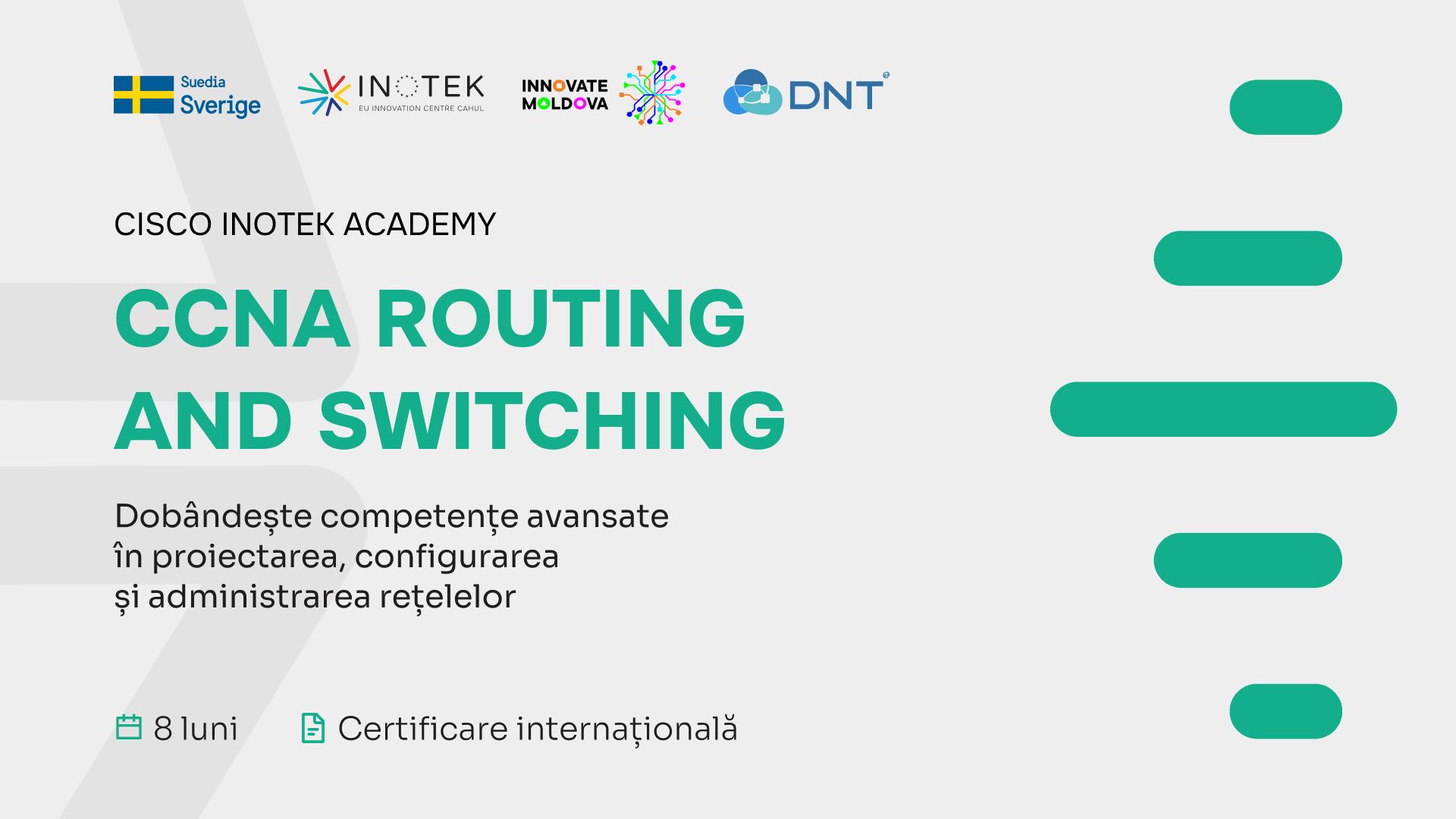For two days, 30 pupils and students from the Cahul region challenged their minds and skills to find effective solutions that will revolutionize the country's educational system. All this took place at the hackathon “EduGaming Xperience: Hack for the Future of Education.”
The event emphasized creativity, collaboration, and technical excellence, offering a unique opportunity for young minds to combine their passion for education with the potential of digital solutions. The final products were evaluated by a jury of experts in education and technology, with prizes awarded for the most impactful and innovative solutions.
"During the DigiEduHack – Education Begins with You hackathon, 10 teams of creators and innovators demonstrated the power of collaboration and imagination in redefining education. By developing educational apps and games, these participants opened new horizons for interactive and engaging learning. Thus, they laid the foundation for an educational experience that not only informs but also inspires and motivates, preparing future generations to learn with greater enthusiasm and curiosity," said Nicolae Mocanu, administrator of the Inotek Center.
10 Innovative Solutions for the Education System
Here are the solutions proposed by each team during the hackathon:
- Team Bobr++
Developed the Historical Educational World (HEW) game, designed to motivate students to study history. The game helps students remember historical events and facts through direct interactions, such as re-enacting Stephen the Great's battles against the Ottoman Empire. - Team EduGamify
Created a baccalaureate preparation solution with roles for students and teachers. Teachers can create their own courses, which students can join. Teachers can monitor student progress and adjust the learning process based on collected data. - Team Helo
Proposed SmartEscape, an escape-room-style game that makes lessons more engaging and fun. The game incorporates subject-specific exercises hidden within the virtual escape room. Students earn their way out by solving tasks quickly and correctly, receiving a passing grade. The solution also aims to ease teachers' workloads. - Team DevXP
Suggested a platform for automatically generating tests using AI. Teachers can customize the generated tests or manually input them into the platform. - Team EduCreators
Proposed a website that organizes modern teaching resources (e.g., links to existing websites). Resources will be categorized by subject, offering folders with games, videos, files, and interactive ideas tailored to specific lessons. The site will also include activity ideas based on various learning methods. - Team Mirajul Cunoașterii
Envisioned a platform with multiple types of educational, logic, and memory games. Each game category will feature a rating system. - Team SMARTer
Developed TraffiGo, a web app for teaching traffic rules to children in a fun and interactive way. The platform is suitable for integration into civic education and social studies classes. TraffiGo personalizes learning based on the child’s age and knowledge level, aiming to reduce traffic accidents by educating young road users early. - Team Unity
Proposed Step by Step, a program tailored to the educational needs of children, especially those with autism. The program supports their development at their own pace and helps build self-confidence. The prototype offers multilingual support (Romanian, Russian, and English) and is designed with the preferences of children with autism in mind. - Team Walhala
Created MathWiz, an app to simplify studying mathematics in schools. It generates quizzes of varying difficulty levels and focuses on topics relevant to different grades. The prototype developed at the hackathon is limited to grades 1 and 2, covering addition and subtraction. - Team 생강을 넣은 녹차 (Ginger Green Tea)
Introduced Code Byte, a game for developing hard and soft skills in programming. It includes opportunities to exchange experiences with other professionals and integrates an educational context by combining Zoom and Minecraft interactions.
The Winning Team Heads to a European Competition
After presenting their solutions, the teams were evaluated by a jury. The grand prize of 13,500 lei was awarded to Team SMARTer, who will also have the opportunity to compete with their solution in a European competition. Second place went to Team 생강을 넣은 녹차, while Team Bobr++ claimed third place.
Aurica Apareci, a student at UTM and a graduate of the “Iulia Hasdeu” College in Cahul, is part of the winning team, SMARTer. She highlighted that the digital product developed by her team aims to raise awareness among educators and contribute to more effective youth training in traffic education.
“This is a vulnerable aspect of society at the moment, and we believe it will address this issue. I had the pleasure of interacting with many participants, and I enjoyed hearing their perspectives and understanding the concepts behind the problems they chose to solve. I saw highly enthusiastic young people, just like us, and I’m confident that with such youth, society will witness positive changes. My advice to all young people is to get involved to the fullest and show interest in solving societal problems. Even with limited skills, they will surely find others from related fields to
Alexandr Crasnoperov, a student specializing in Business and Administration at USC – “B.P. Hasdeu” State University in Cahul, is a member of the team 생강을 넣은 녹차 (Green Tea with Ginger), which placed second. The young man says he greatly enjoyed the experience he had during this hackathon.“What I liked most was creating a project and working in a team where each person compensates for the weaknesses of others, thus creating a fully functional product. In my opinion, our solution has the potential to achieve great results as an application because it is currently unique in its field, and I believe it will succeed if we put in enough effort and build a strong enough team around it.”
Another participant in the competition was Alexandr Serdicenco, a student at “Iulia Hasdeu” College in Cahul, who, together with his team, secured third place. The young man was the lead designer for the team Bobr++ and is very grateful to the Inotek Center for the opportunity he had.“It was very interesting; we talked with people and mentors. We had a great time with our friends. I also learned a lot about programming and many other things. We were taught not only by mentors but also by regular team members from the participating groups. Our game is related to history and can help ordinary students who want to learn more about the past, historical moments such as the Battle of Vaslui, and general information about historical figures and legends. I believe games make these moments easier to remember. I can say that I leave this competition, this hackathon, with a lot of experience and hope. I also think this is very good for my future development, and if there are opportunities to attend future activities and hackathons, I will definitely apply and participate.”
Throughout the process, the participants were supported by experienced mentors. Their role was very important, as they guided the young people to come up with ideas and solutions focused on real problems in the educational system.
“The 2024 DigiEduHack edition was a unique experience, bringing together participants with creative and collaborative spirits from Bogdan Petriceicu Hasdeu University and Iulia Hasdeu College in Cahul. The event served as a platform for innovation, supporting initiatives that address the needs of students across various fields and educators interested in diversifying and improving teaching, learning, and assessment methods through the use of digital applications. Participants demonstrated intelligence, originality, and teamwork skills while also benefiting from mentorship and attractive prizes,” said Dr. Irina Pușnei, associate professor and head of the Department of Languages and Literatures at Bogdan Petriceicu Hasdeu State University in Cahul, who was also a mentor during the hackathon.
The EduGaming Xperience Hackathon: Hack for the Future of Education is part of the European Commission's DigiEduHack initiative and took place at the Inotek Center in Cahul on November 8-9. DigiEduHack began in 2019 as part of the European Commission’s first Digital Education Action Plan. Over its first five editions, it brought together nearly 10,000 participants from Europe and beyond. The initiative continues under the 2021-2027 Digital Education Action Plan, with a long-term goal of supporting grassroots innovation and contributing to the objectives of the European Digital Education Hub. Inotek has been part of this initiative for the second consecutive year.
EduGaming Hack is organized by the Inotek Center with financial support from Sweden and co-financed by the Cahul Municipality, Halley Soft, and Halley KM, in collaboration with Bogdan Petriceicu Hasdeu State University in Cahul and the American Center, as part of the DigiEduHack initiative.



